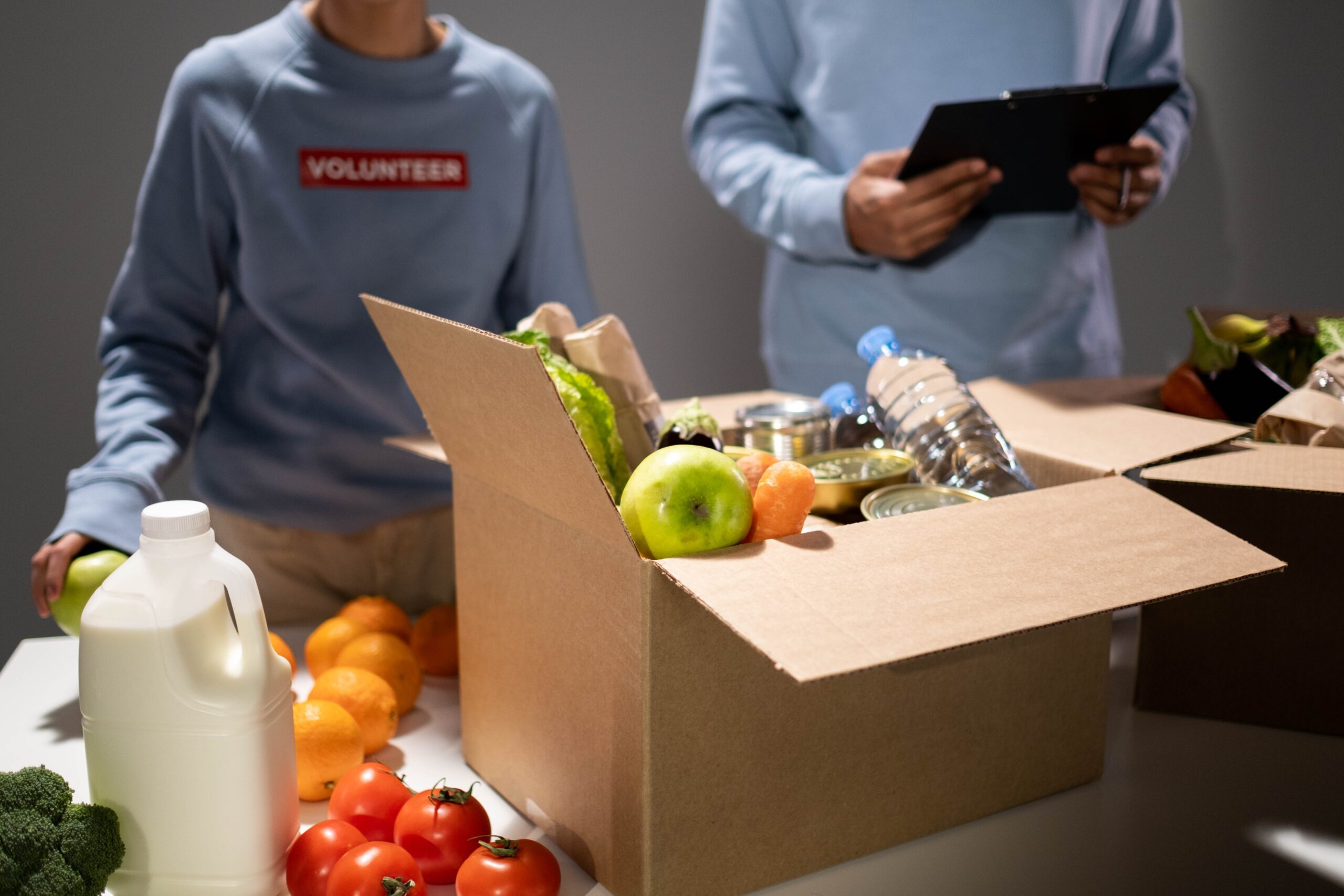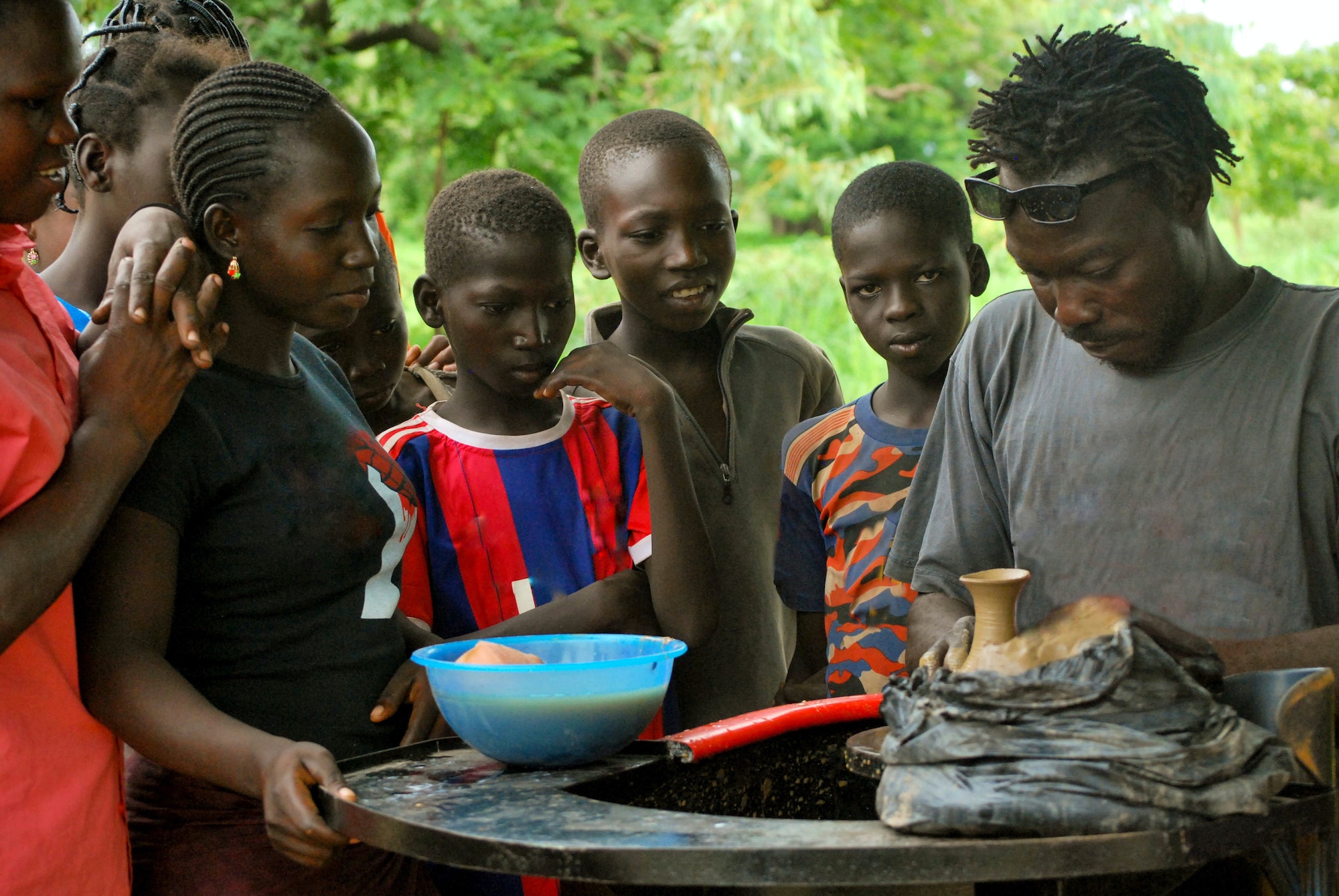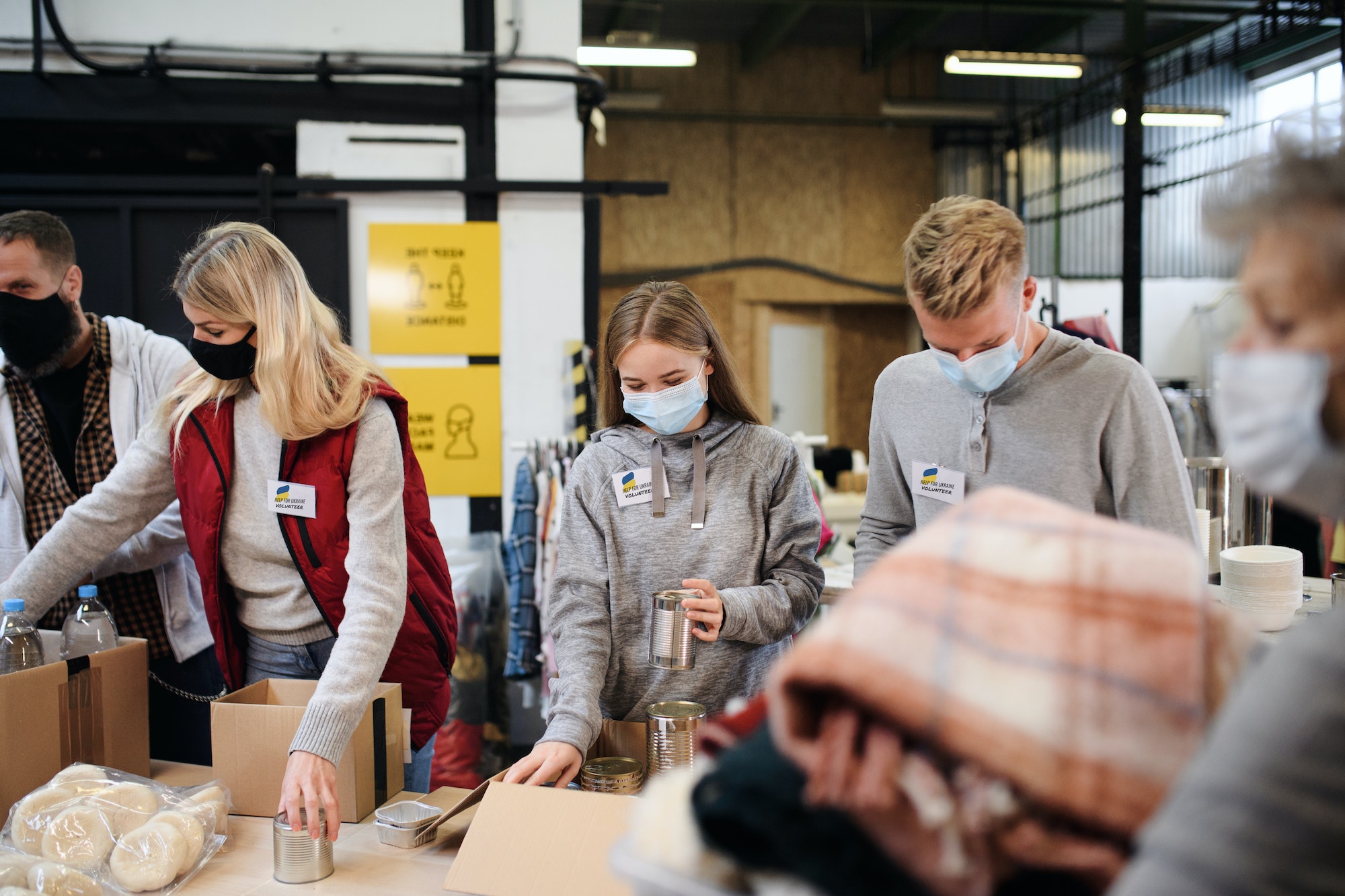
Imagine waking up every day not knowing where your next meal will come from, or if you’ll have access to clean water for drinking and hygiene. It’s a reality that millions of people around the world face on a daily basis – the harsh truth of poverty. The needs of the poor are urgent, pressing, and demand our attention. In this blog post, we will explore five critical needs that those living in poverty often struggle with: lack of access to clean water, inadequate medical care, limited education opportunities, insufficient nutritious food options, and unsafe housing conditions. But don’t despair! We’ll also discuss practical ways you can make a difference by supporting organizations dedicated to alleviating these issues or advocating for policy changes.
Lack of access to clean water
Lack of access to clean water is a pressing issue that affects millions of people around the world. Without this basic necessity, individuals and communities are forced to rely on contaminated sources, leading to serious health problems. Imagine not having clean water for drinking, cooking, or even bathing. It’s something many of us take for granted but is a daily struggle for those living in poverty. Waterborne diseases such as cholera and dysentery run rampant where clean water is scarce, causing illness and even death. In addition to the immediate health risks, lack of access to clean water also hampers economic development. Communities spend hours each day fetching water from distant sources instead of engaging in productive activities like education or work.
Thankfully, there are organizations dedicated to providing sustainable solutions by constructing wells and implementing purification systems in needy areas. By donating or volunteering with these organizations, you can make a real difference in improving access to clean water for those who need it most. Clean water should be a fundamental right for everyone. Let’s join hands and work towards ensuring that no one has to go without this essential resource any longer!
Lack of access to adequate medical care
Lack of access to adequate medical care is one of the most pressing issues faced by those living in poverty. In many impoverished communities, basic healthcare facilities are either non-existent or severely lacking. This means that individuals and families don’t have access to essential medical services, such as regular check-ups, vaccinations, or even basic medications. Without adequate medical care, people in poverty face numerous challenges. They may have difficulty managing chronic illnesses or accessing life-saving treatments. Minor health concerns can easily escalate into major issues without proper intervention. And in some cases, lack of access to emergency care can be a matter of life and death. The consequences of inadequate medical care ripple through entire communities. When individuals are unable to receive timely treatment for contagious diseases like tuberculosis or malaria, there is an increased risk of outbreaks spreading rapidly among the population.
Moreover, without preventive measures and early detection programs, diseases like cancer often go undiagnosed until they reach advanced stages when treatment options become limited and less effective. Addressing this urgent need requires collaborative efforts from governments, NGOs, healthcare providers, and concerned individuals like us. Donating to organizations that provide free or low-cost healthcare services can make a significant impact on improving access for those who cannot afford it otherwise.
Volunteering with medical missions or local clinics can also help bridge the gap by providing hands-on support where it’s needed most. Raising awareness about the importance of accessible healthcare through social media campaigns or community events is another way we can contribute positively towards addressing this issue. No one should suffer due to lack of access to adequate medical care – together we can make a difference!
"It is every man’s obligation to put back into the world at least the equivalent of what he takes out of it."
Albert Einstein
Lack of access to education
Lack of access to education is a pressing issue that affects millions of people living in poverty. Education is not just about gaining knowledge, but it also empowers individuals and opens doors to better opportunities. Unfortunately, many impoverished communities lack proper schools, teachers, and resources. Inadequate infrastructure and limited funding often lead to overcrowded classrooms with outdated materials. This hampers the quality of education provided and makes it difficult for students to learn effectively. Moreover, children from low-income families face additional barriers such as having to work or care for their siblings instead of attending school. Without access to education, these individuals are trapped in a cycle of poverty with little hope for improvement. They are denied the chance to develop essential skills, pursue higher studies, and secure better-paying jobs.
Fortunately, there are ways we can make a difference. Supporting organizations that focus on improving educational opportunities for the poor can have a significant impact. Donating books or supplies, sponsoring scholarships or schools in underprivileged areas can help bridge the gap. Additionally advocating for policies that prioritize education funding and accessibility is crucial. By raising awareness about this issue through social media campaigns or contacting local representatives, we can push for change at both local and national levels.
Lack of access to nutritious food
Lack of access to nutritious food is a pressing issue that affects millions of people around the world. Many individuals and families struggle to afford or find healthy, balanced meals on a daily basis. This lack of nourishment can lead to malnutrition, weakened immune systems, and various health problems. In impoverished communities, fresh fruits and vegetables are often scarce or too expensive for residents to purchase regularly. Fast food chains and convenience stores may be the only available options, offering cheap but unhealthy processed foods high in fat, sugar, and sodium.
Furthermore, limited knowledge about nutrition exacerbates the problem. Without proper education on how to make healthy choices within their means, individuals may unknowingly rely on inexpensive but nutrient-deficient options. Addressing this urgent need requires both short-term solutions and long-term systemic changes. Local organizations can play a vital role by establishing community gardens or organizing food drives to provide fresh produce directly to those in need.
Additionally, supporting initiatives aimed at increasing access to affordable nutritious foods is crucial. This includes advocating for policies that promote urban farming projects or subsidize healthier food options in low-income neighborhoods.By prioritizing access to nutritious food for all individuals regardless of income level, we can help improve overall health outcomes while working towards building more equitable societies where no one goes hungry.
Lack of access to safe housing
Lack of access to safe housing is a pressing issue that affects millions of people around the world. Without a secure and stable place to live, individuals and families are left vulnerable to various dangers and hardships. One of the main challenges faced by those lacking safe housing is the risk of homelessness. When individuals do not have a roof over their heads, they are exposed to extreme weather conditions, violence, and exploitation. This lack of security can have detrimental effects on their physical and mental well-being.
Moreover, inadequate housing often lacks basic amenities such as sanitation facilities or reliable electricity supply. This makes it even more difficult for individuals to maintain proper hygiene or carry out daily tasks effectively. The lack of safe housing also leads to overcrowding in many impoverished communities. Multiple generations may be forced to share small spaces, leading to increased stress levels and strained relationships.
Additionally, substandard living conditions increase the risk of diseases like respiratory infections or waterborne illnesses due to poor ventilation or contaminated water sources. Addressing this urgent need requires collaborative efforts from governments, non-profit organizations, and concerned citizens alike. It involves advocating for affordable housing initiatives, supporting organizations that provide shelter assistance programs, raising awareness about homelessness issues, and promoting sustainable urban planning practices. By working together towards ensuring safe housing for all members of society regardless of their socioeconomic status, we can make a significant difference in improving the lives of those who currently face this dire need.
Let us join hands today!



